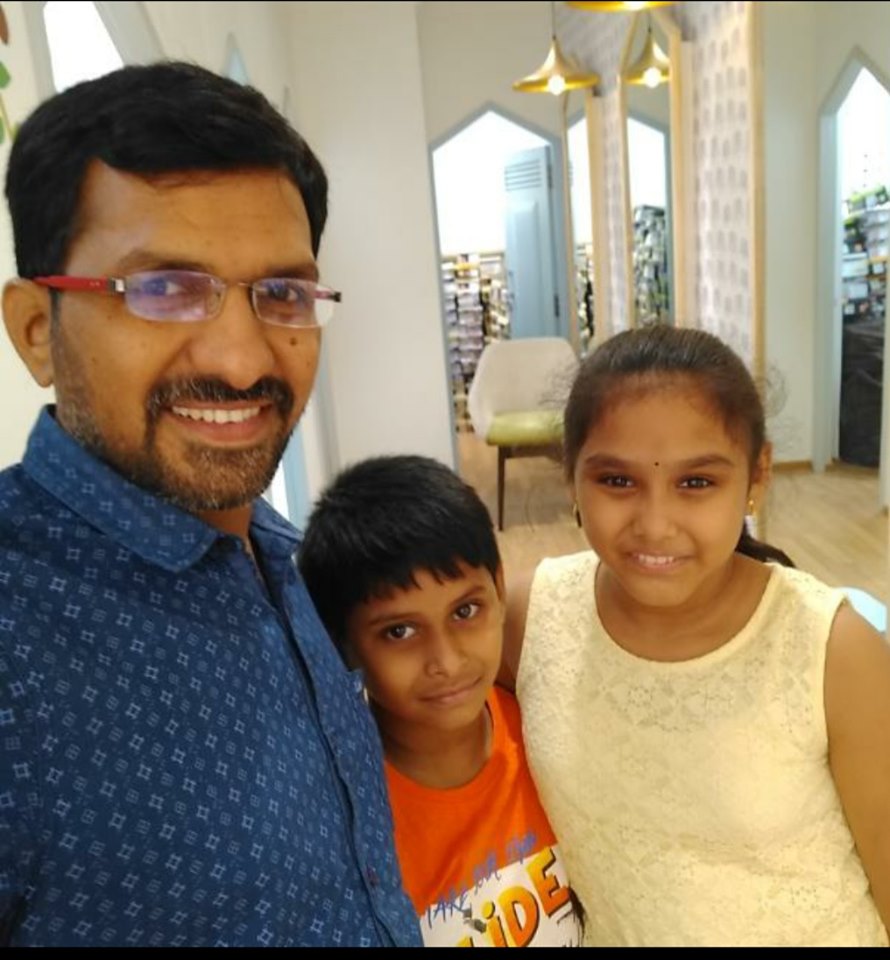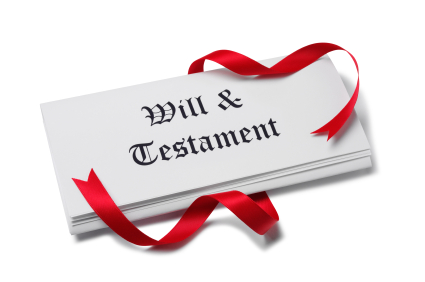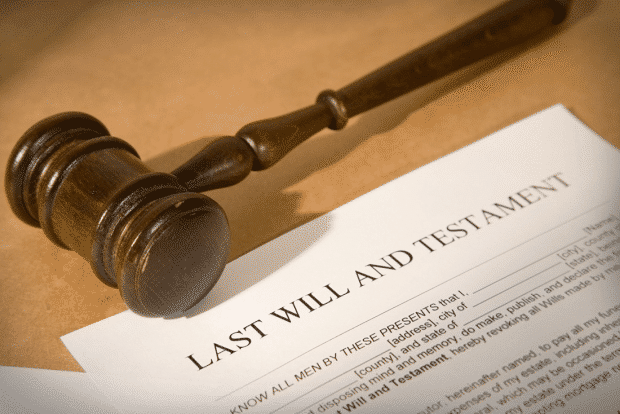A Will or testament is a legal document by which a person, outlines his or her desires as to how his or her property will be dispersed at the time of death and assigns one or more people, the executor, to administer the property until its final distribution.
A Will shall specifically specify to whom the Will belongs and must be signed, dated, must have at least two witnesses’ signatures.
How does a Will work?
The testator is an individual who has formed a Will; a woman is called a testatrix. Testator, though, is also used in terms of all genders.
The executor, who is appointed in the Will, administers the transfer of the estate to the beneficiaries after the testator dies (a beneficiary is any individual or entity who collects the properties after the testator dies). The role of the executor usually involves paying all debts and taxes owed by the family, as well as finding and securing the properties before delivery is made.
It is Best to Have A Written and Witnessed Will.
Build what is known as a Testamentary Will, to increase the probability that your desires will be met. The most common form of Will, this declaration is written in the presence of witnesses by the individual whose properties are distributed, and signed by them. It is arguably the greatest insurance from relatives or business partners against positive threats to your wishes after you die.
The Other Types of Will:
* Holographic Will – Wills written, signed but not seen by the testator are known as holographic — from the less common secondary sense of the word holograph, sense a text written by its author. These wills are also used where the time is limited and witnesses are scarce, for example when the tester is caught in a life-threatening incident
* Mutual Will – A marriage or engaged couple typically executes this sort of will. The majority of the party is bound by the terms of the collective will until one member dies.
The aim is also to ensure the property is passed over to the offspring of the deceased, rather than a new partner. A reciprocal agreement will be formed with the aid of a legal practitioner because of State differences in contract law.
* Oral Will – The least commonly known are oral wills, in which the testator speaks to witnesses of his or her desires. Lacking a written document, or at least one drafted by the testator, oral wills from a legal viewpoint is not commonly known.
Getting a will is probably one of the most valuable things you and your family will do about them. Not only does a will cover your family, kids, and belongings lawfully, it will even write out just how you’d like things to be done once you’ve passed away.
Although Reasons vary from person to person here are top 7 reasons to have a Will before it’s too late:
* You determine how they will divide your assets – When you die without a will, so there is no assurance that your wishes can be satisfied. Getting a will helps reduce any family disputes over your estate that may occur, and also defines your estate’s “who, when, and why.”
* You know who will always look after your children -A will helps you make an informed decision as to who will take care of your minor ones. The court must take it upon itself, without a request, to select between family members or a state-appointed guardian. Getting a will encourages you to choose the person you choose to raise your kids or, better, make sure they are not anyone you don’t want to raise your kids.
* To stop Prolonged Debated Process – Contrary to common practice, all property, with or without a will, must go through the probate process. Nonetheless, making a will speeds up the probate process and tells the court how you’d like to split your assets. Probate tribunals have the task of “administering the properties,” and after you expire without a will, the tribunal must determine whether to split the properties without the consent, which will often take a long period.
* Estate Taxes are Minimized – Another reason to have a will is that it allows you to minimize your estate taxes. The value of what you give away to family members or charity reduces the value of your estate while paying taxes.
* Winding up affairs of your State, is decided by you – Executors make sure that all of your business is in order, including paying off debts, canceling your credit cards and notifying the bank and other companies. Since executors play the biggest role in the administration of your assets, you’ll want to make sure that you choose someone who is truthful, trustworthy and coordinated.
* It avoids unnecessary Legal Challenges – When you die without a will, you can transfer part or all of your estate to someone you did not want.
* You don’t Know About Future – Sometimes it comes too late to realize that wills are needed – such as when an unexpected death or disability occurs. In order to prevent further burdens on families at an extremely stressful period, it might be best to consult with a specialist for estate planning to help you at least draw up a simple estate plan before it is too late.

Krishna Murthy is the senior publisher at Trickyfinance. Krishna Murthy was one of the brilliant students during his college days. He completed his education in MBA (Master of Business Administration), and he is currently managing the all workload for sharing the best banking information over the internet. The main purpose of starting Tricky Finance is to provide all the precious information related to businesses and the banks to his readers.






